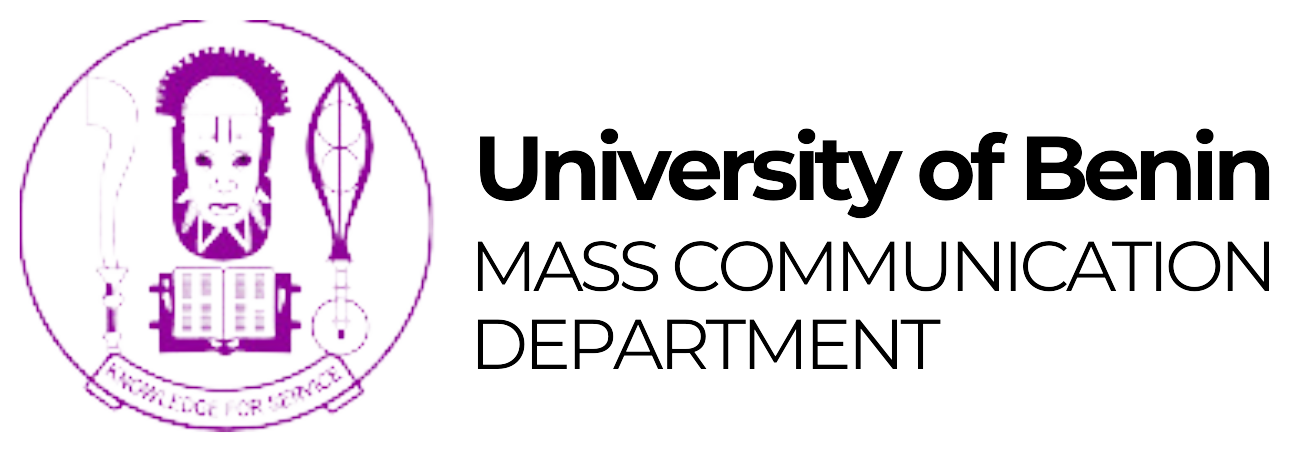Social media have become ubiquitous channels for political communication, enlightenment, as well participation, especially at election times. During the 2023 general elections in Nigeria for instance, social media gained more momentum as it ushered in a phase of political experience that has never been witnessed before. This study therefore, seeks to ascertain the influence of social media on the political participation of youths in the country, as well as its impact on their propagation of the popularly tagged “Obidient Movement”. The study which was primarily targeted at youths of Abuja city notably adopted the theory of uses and gratification. Findings revealed that social media was used for creation and popularisation of the Obidient Movement – a political interest group which had its name derived from Mr. Peter Obi, the presidential candidate of the Labour Party (LP). This movement which gained wide popularity and acceptance in Nigeria and the Diaspora also turned into a political third force amidst the already popular, majority of the political parties – the APC and PDP.
Further findings also revealed that the social media platforms most consistently used by youths in participating in the 2023 general elections were Facebook and Whatsapp; and that they were highly influential in the elections as they increased voter registration and also popularised minority political parties and support groups. The study recommended that political candidates, political parties, as well as interest groups should fully capitalise on the prospects of social media for the spreading of political campaign, awareness, enlightenment, and voter sensitisation and education.
Dennis O. Abutu, PhD, Helen. O.C. Ambassador-Brikins, PhD & Simbiat A. Ademuyiwa
